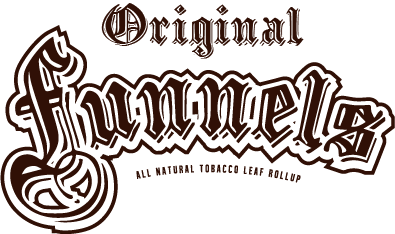 According to a new article published in Industrial & Engineering Chemistry Research, the infamous tobacco plant could be the next big thing in organic pesticide.
According to a new article published in Industrial & Engineering Chemistry Research, the infamous tobacco plant could be the next big thing in organic pesticide.
It’s no secret that health risks associated with smoking have decreased demand for tobacco and hurt tobacco farmers worldwide.
There simply isn’t the need for large-scale production of tobacco crops these days. Scientists are now on the lookout for new uses of the plant that many Native Americans revered in small doses as a ceremonial sacrament.
In very large quantities, however, the nicotine content in tobacco becomes toxic, so an exciting potential use is as a natural pesticide on crops.
“For centuries, gardeners have used home-made mixtures of tobacco and water as a natural pesticide to kill insect pests. A “green” pesticide industry based on tobacco could provide additional income for farmers, as well as a new eco-friendly pest control agent”, some scientists say.
Last year researchers at the American Chemical Society discovered a way to convert tobacco leaves into bio-oil which can be used as a natural pesticide.
The bio-oil is produced through a thermo-chemical process that involves heating tobacco leaves in a vacuum to about 900 degrees Fahrenheit.
After testing the bio-oils on 11 different fungi, four bacteria, and the Colorado potato beetle, the researchers found that bio-oil from tobacco was effective at killing all of the beetles and blocked the growth of two types of bacteria and a fungus that kills eggplant, pepper, lettuce, tomato, and cucumber.
It’s worth noting that the Colorado potato beetle is known as a serious agricultural pest that is increasingly resistant to current insecticides.
The researchers tried removing the nicotine from the bio-oil and still found it effective against the potato beetle. It may have value as a more selective pesticide than those currently in use, due to Its ability to target some but not all of the microorganisms present in the soil, according to Graham Salinger, a research intern for the Nourishing the Planet project.
This has major implications for decreasing the public use of dangerous chemical pesticides and for helping struggling tobacco farmers, as consumers create the demand for more organic vegetables and fruits and producers look for alternative forms of pesticide in order to meet that demand.
More research that confirms these findings will certainly pave the way for the commercial production of tobacco-based pesticides which could easily be a win-win for consumers and farmers alike.



